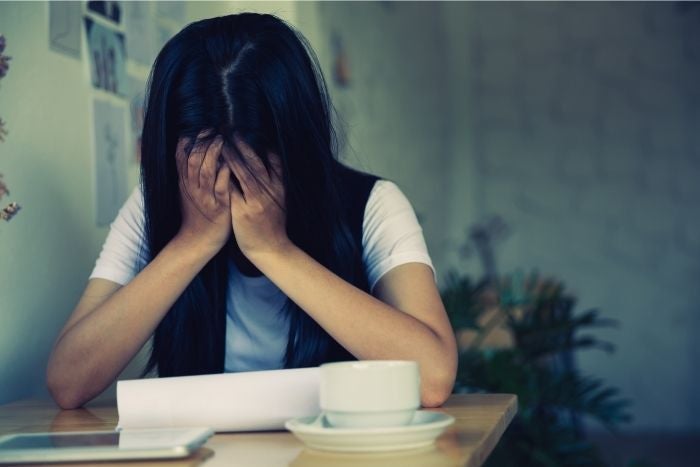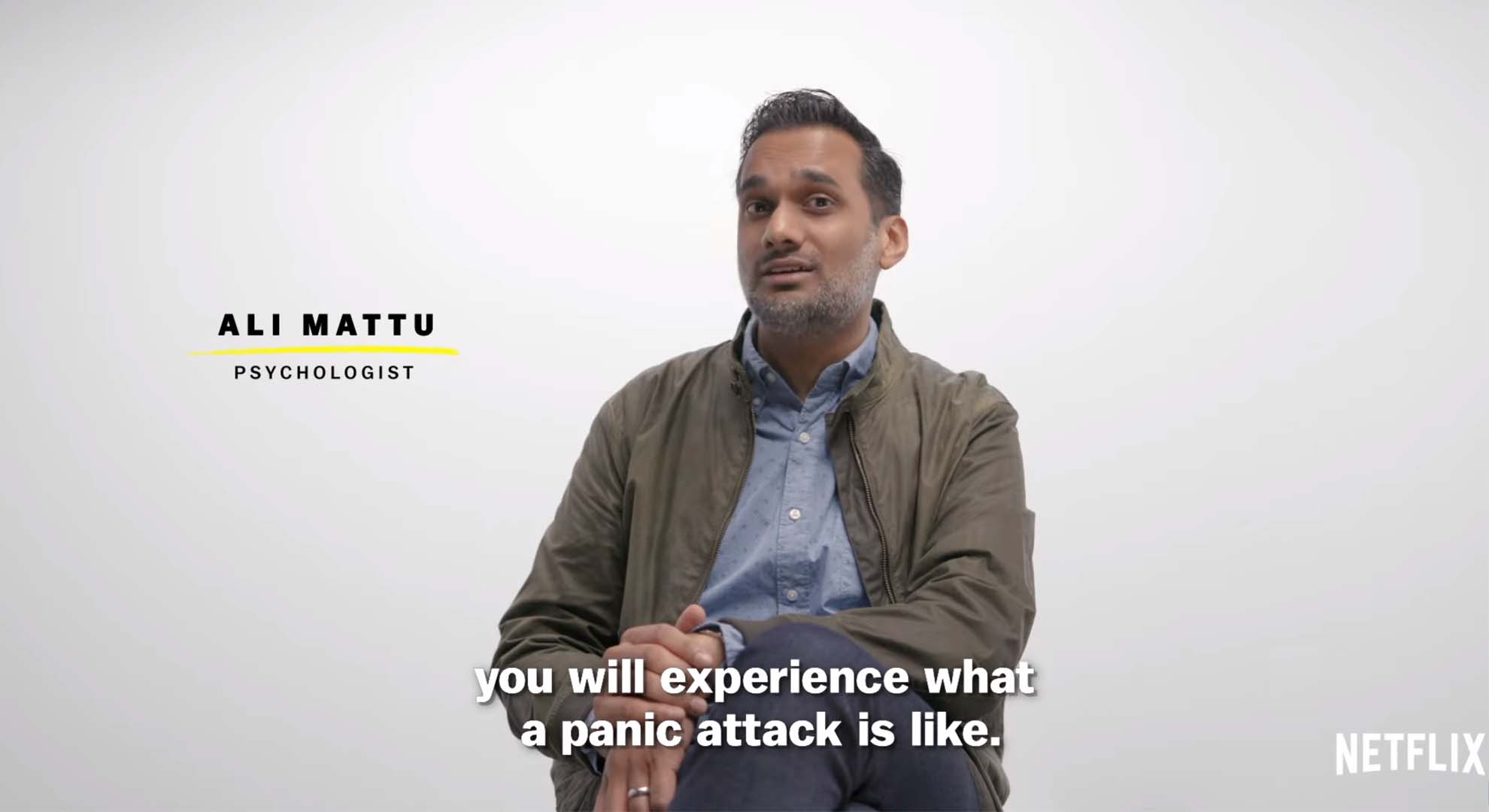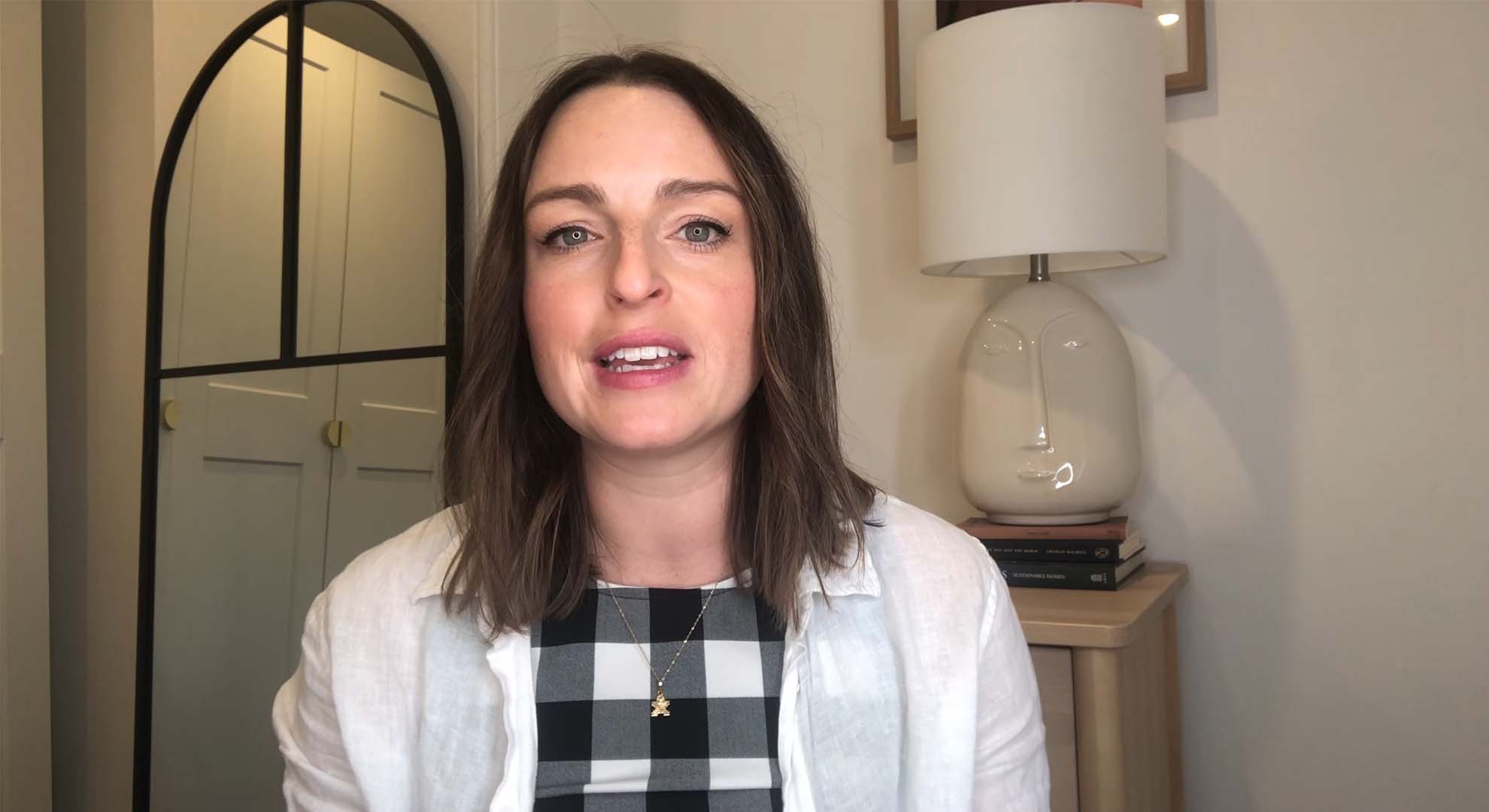
Stress is an unavoidable emotional response that everyone experiences. Whether we are being chased by a bear or racing against a deadline, the associated physiological processes that stress triggers in our bodies can be incredibly useful for motivating action.
However, when we experience prolonged intense periods of stress it ceases to be useful and can cause physical and psychological damage. If you find yourself stressed out a lot of the time, unable to calm yourself down or feel your response is disproportionate to the stressful trigger then you may be one of millions of Australians suffering from problem anxiety.
What is the difference between stress and anxiety?
Though they have near identical physical symptoms, stress and anxiety are actually different emotional responses. The main difference is the source of the trigger; stress is a reaction to an identifiable external stressor such as a looming deadline, financial hardship, or physical illness whereas anxiety encompasses feelings of worry or dread that arise seemingly for no reason.
It can be tempting to think of stress as rational and anxiety as irrational, but both are useful natural processes that help us survive and even thrive. Feeling a bit of stress can help us intensify our focus and perform at a higher level, while low levels of anxiety can help us keep on top of our work, health and relationships.
When does stress become problem anxiety?
Anxiety disorders are when our fear, stress, and anxiety responses tip over into a maladaptive space. When these emotional responses overload our system, they can wreak havoc on our ability to live full, happy, meaningful lives and cause us distress
Common anxiety disorders include:
- Generalised anxiety disorder – marked by excessive worry experienced most of the time across many life domains with no apparent stressor.
- Social anxiety disorder – marked by an intense fear of negative judgment from others in social situations.
- Panic disorder – fear of having recurrent panic attacks that result in avoidant behaviours.
- Agoraphobia – fear of open or enclosed spaces or leaving the house.
- Specific phobia – fear and aversion of a particular object or situation that is disproportionate to the threat it poses (for example, fear of heights).
It’s common for people experiencing anxiety disorders to also experience mood disorders such as depression. This is because existing in a state of constant worry restricts our ability to feel positive emotions.
If you are experiencing a high degree of stress or anxiety you are not alone. Anxiety is Australia’s most common mental illness with 26% of Australian’s suffering each year.
What are the signs you might have an anxiety disorder?
It can be difficult to differentiate what is run of the mill stress and problem anxiety.
People who identify as ‘worriers’ often have felt that way since they were children so it can be particularly hard to compare a time before stress. Checking in on your physical, cognitive, and behavioural symptoms regularly can help you identify if you are suffering from problem anxiety and it is a good practice for regulating your mental health. Look out for the following when assessing your stress levels:
Duration of stress symptoms

According to the DSM-V and ICD, to receive most anxiety disorder diagnoses, symptoms must persist for a minimum of six months. If you have been going through a particularly stressful period, try to think back to when it started? Was there an instigating incident? Have your symptoms improved or worsened since they started? Or, can you not remember a time when you didn’t feel anxious or stressed?
Severity of stress response
It is also worth noting how intense your stress responses are, no matter the duration of symptoms.
When you experience stress how intensely does your body react? Panic attacks are intense periods of stress or fear characterised by extreme physical symptoms including dizziness, chest pain, nausea, trembling and shortness of breath. Despite how unpleasant they are, panic attacks are actually quite common with 35% of Australians reportedly experienced them at some point in their life.
Simply having panic attacks does not mean you have an anxiety disorder, but they have the potential to develop into problem anxiety if you start avoiding situations or places that you feel may bring on an attack.

Dr. Ali Mattu explains what it's like to go through a panic attack from Netflix + Vox's The Mind Explained, Anxiety.
Ability to function with stress
Being overwhelmed by stress or anxiety often holds us back from reaching our full potential, but it can become so debilitating that we neglect our basic needs and put a strain on our important relationships.
Our ability to function with anxiety differs based on the severity and duration of the anxiety disorder – for example someone suffering from severe agoraphobia will likely have more impaired functioning than someone with a specific phobia of flying. Some forms of problem anxiety can appear to be adaptive up to a point. Being a hypervigilant ‘worrier’ may lead you to perform well at work or study but as the demands of life grow, it becomes increasingly hard to apply that level of vigilance to all important domains. The strain shows up in other areas – such as our physical health or our relationships with partners, friends, and family.
If you think you might have problem anxiety or you would like to learn more about your own anxiety levels, you can take the Beyond Blue Anxiety and Depression checklist to learn more about your mental health.
How can I get help for my anxiety?

Whether you meet the criteria for an anxiety disorder or are just going through a stressful time, there are steps you can take to interrupt your thoughts and reduce your stress reactions. Check out these 6 easy practices to reduce stress levels that you can try on your own.
If you have more severe anxiety, it may be time to speak with someone about how you are feeling. A registered psychologist can work with you using evidence-based practices to help manage your mental health.
Cognitive Behaviour Therapy (CBT) is an empirically supported treatment for anxiety that has helped countless people manage their symptoms. CBT works by investigating your worries, challenging the core beliefs that underpin your anxious thoughts and working through behaviours that help or hinder your reactions to stressors. Working with a psychologist to manage stress, no matter how serious, can also help you live in the moment more often and lead a more happy and meaningful life.
Get help from an anxiety psychologist today
At My Mirror, we believe that everyone should have access to the life-changing power of therapy. You can talk to our anxiety psychologists online anytime and from anywhere in Australia.
All our psychologists are fully registered with a minimum of 2 years’ experience and have been personally selected by our team.
